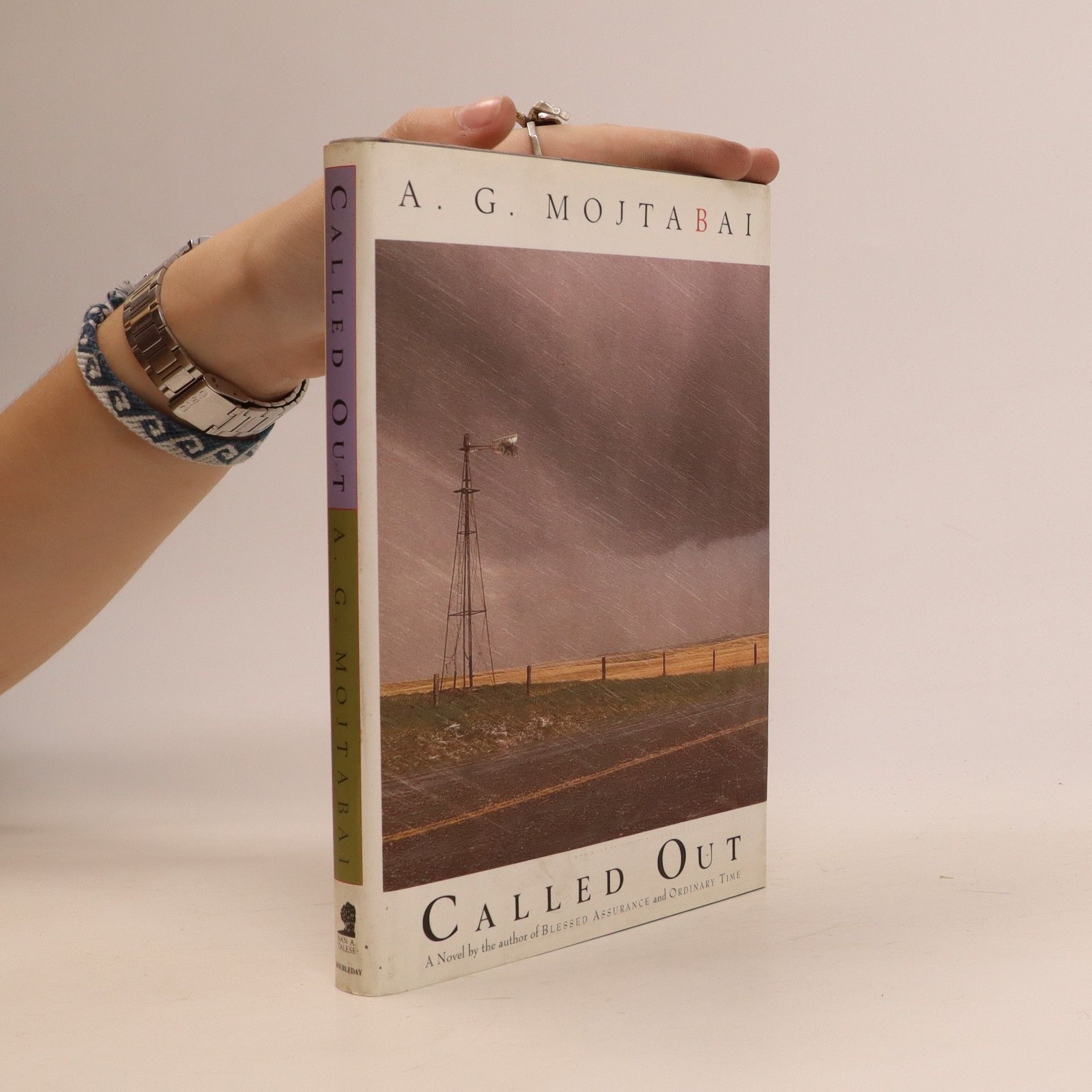An inside look at a plane crash, the things you don't read about. The setting is a small town in Texas and the novel is narrated by three people: a reporter, the town's postmaster and its priest. There are plenty of insights, as when someone complains the priest is wasting oil by giving last rites to non-Christians. By the author of Blessed Assurance
A. G. Mojtabai Livres
Cet auteur explore les relations complexes entre les individus et le monde qui les entoure. Son œuvre se caractérise par une profonde compréhension de la psyché humaine et une attention particulière aux détails. Avec un style distinctif et une approche réfléchie de l'écriture, ses contributions résonnent auprès des lecteurs à un niveau profond. La voix littéraire de l'auteur est indubitable et suscite la réflexion.
